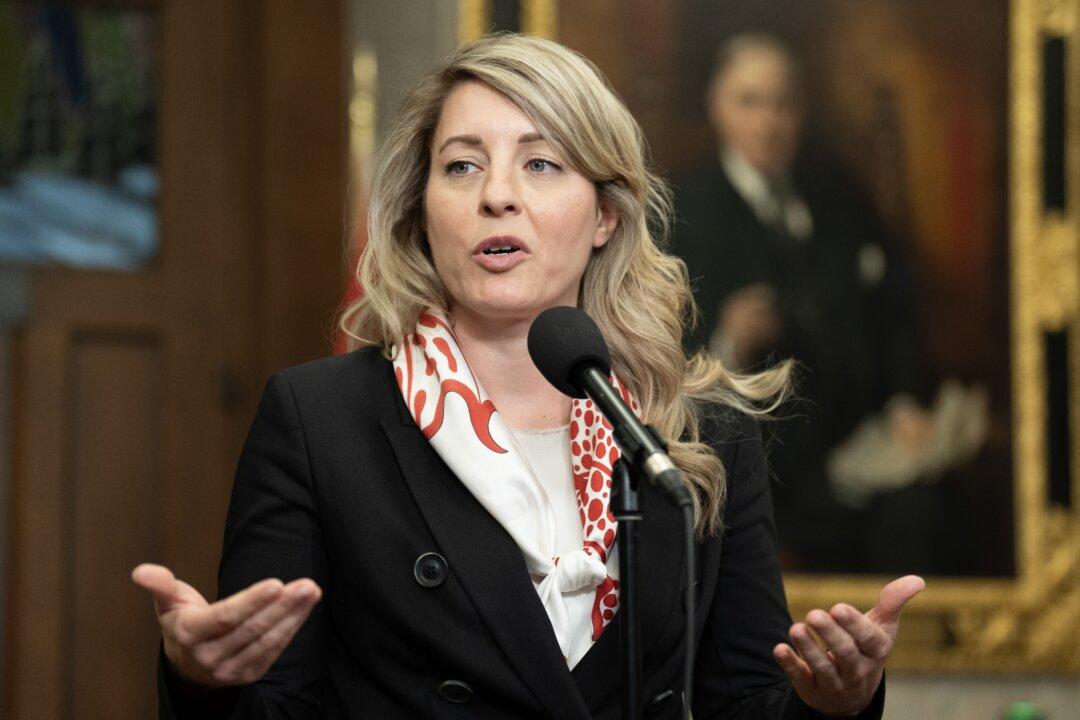Foreign Affairs Minister Mélanie Joly says Canada is prioritizing negotiating a ceasefire between Israel and Hamas, as well as ensuring tensions in the Middle East do not escalate.
“We are working every day to support parties to get to a ceasefire. This is my number one priority; a ceasefire and the release of all hostages,” Joly told reporters at the Liberal cabinet retreat in Halifax on Aug. 26.





